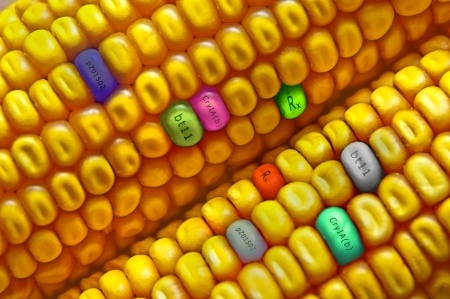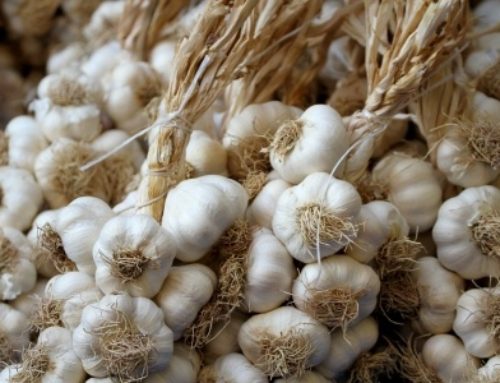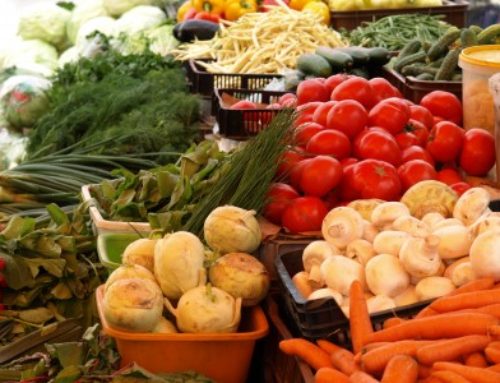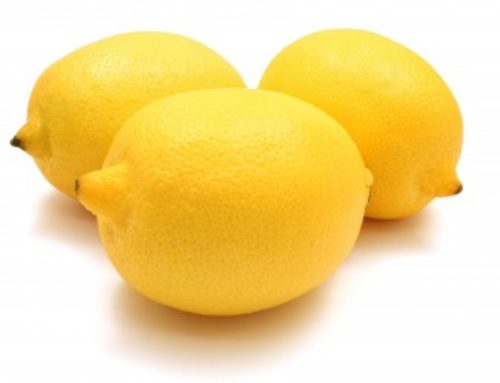October is Non-GMO month. Woohoo! Wait, what’s a GMO?
In this day and age, people are paying much closer attention to what they eat and the sources for their food. With that comes several new terms and trends to learn. Sometimes it’s challenging (and a little bit overwhelming) to understand what’s what and most of all, what’s relevant to you and your health.
What’s a GMO?
GMO stands for “Genetically Modified Organism.” According to this awesome video from Whole Foods, GMOs are “organisms that have DNA or a genetic makeup that does not occur in nature. Most of the time, GMOs are engineered to survive herbicide treatment or to produce their own pesticides. Some are engineered to resist certain diseases.”
What You Should Know
- Over 70% of packaged foods in North America contain GMOs.
- Be aware of the following foods, which are often genetically modified: Corn, soy, yellow squash, zucchini, alfalfa, canola, sugar beets, milk, papaya and aspartame (although that is not the first reason to avoid aspartame!).
- While many countries ban GMOs altogether, US farmers are increasing their use of GMOs.
- The long-term effects of GMO consumption have not yet been determined. Many believe that GMOs are damaging to human/animal health and the environment.
Why Non-GMO Month is Important
Labeling of products and foods containing GMOs is not required, therefore the consumer may not know whether or not they are consuming genetically modified ingredients. Non-GMO month began in 2010. It exists in order to raise awareness about genetic engineering and support transparency in genetic engineering. One example of this is the initiative that is working to require food companies to label foods that are genetically modified.
As a naturopathic doctor, empowering patients through knowledge is at the core of my practice. That’s why I think it is so important for consumers to have a clear way of knowing what is in their food. How else can we expect to make the best decisions possible for ourselves and our families. Knowledge is crucial.
You can learn more about this initiative online here. Our local Whole Foods stores, as well as the East End Food Co-op have a lot of informational displays and brochures for you to access. Also, the East End Food Co-op is sponsoring the 2nd annual Know Your GMOs event, which will take place on Saturday, October 18th at Carnegie Mellon University. It is free to the public and very worthwhile, and I hope to see you there!







